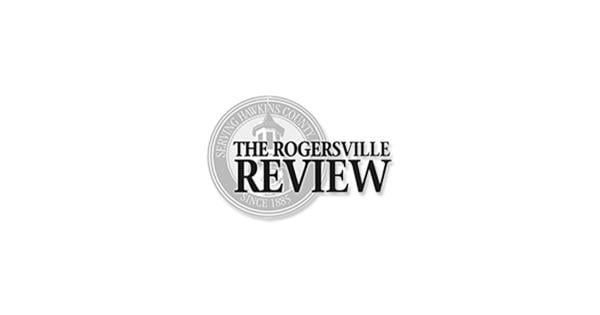
In a continuous effort to reform childcare and early childhood education, two lawmakers have once again introduced legislation aimed at providing substantial financial support for these sectors. This marks the ninth consecutive year that such a proposal has emerged, reflecting both persistent advocacy for affordable childcare and preschool accessibility and the evolving landscape of early education financing in the United States.
The proposed legislation seeks to allocate federal funds to cover 90% of the costs associated with childcare and universal preschool, a move that has sparked debate among policymakers and constituents alike. Proponents argue that investing in early childhood education is crucial for fostering future educational success, improving workforce participation, and providing relief to families struggling with the high costs of childcare. According to recent data from the U.S. Department of Health and Human Services, the average cost of daycare can consume as much as 30% of a family’s income, placing a significant financial burden on working parents.
In addition to financial alleviation, supporters of the bill emphasize the long-term societal benefits of providing high-quality early education. Research indicates that children who participate in preschool programs tend to perform better academically in later years, have lower dropout rates, and are less likely to engage in criminal behavior. By supporting access to universal preschool, lawmakers aim to address educational disparities and promote greater equality in opportunities for all children, regardless of their socioeconomic status.
However, the proposal is not without its critics. Opponents raise concerns regarding the fiscal implications of subsidizing such a large percentage of childcare and preschool costs. They argue that increased federal spending could lead to higher taxes or shifts in budget allocation, potentially impacting other essential services. Moreover, there are questions about the effectiveness and efficiency of government-managed programs, as critics contend that private sector alternatives might offer better solutions through market-driven strategies.
As the legislation progresses through congressional discussions, it will be crucial to analyze both the potential benefits and challenges of implementing such a significant federal investment in childcare and preschool. Stakeholders from various sectors—including policymakers, educators, and parents—will need to engage in a comprehensive dialogue to ensure that the final outcome effectively meets the needs of families and children across the nation. The ongoing discourse surrounding this legislation underscores the critical importance of early education in shaping a prosperous future for both individuals and society at large.
As this initiative unfolds, it will be important for the public to remain informed about the developments and implications of such legislation, underscoring the profound impact that better support for childcare and early education can have on the American landscape.

